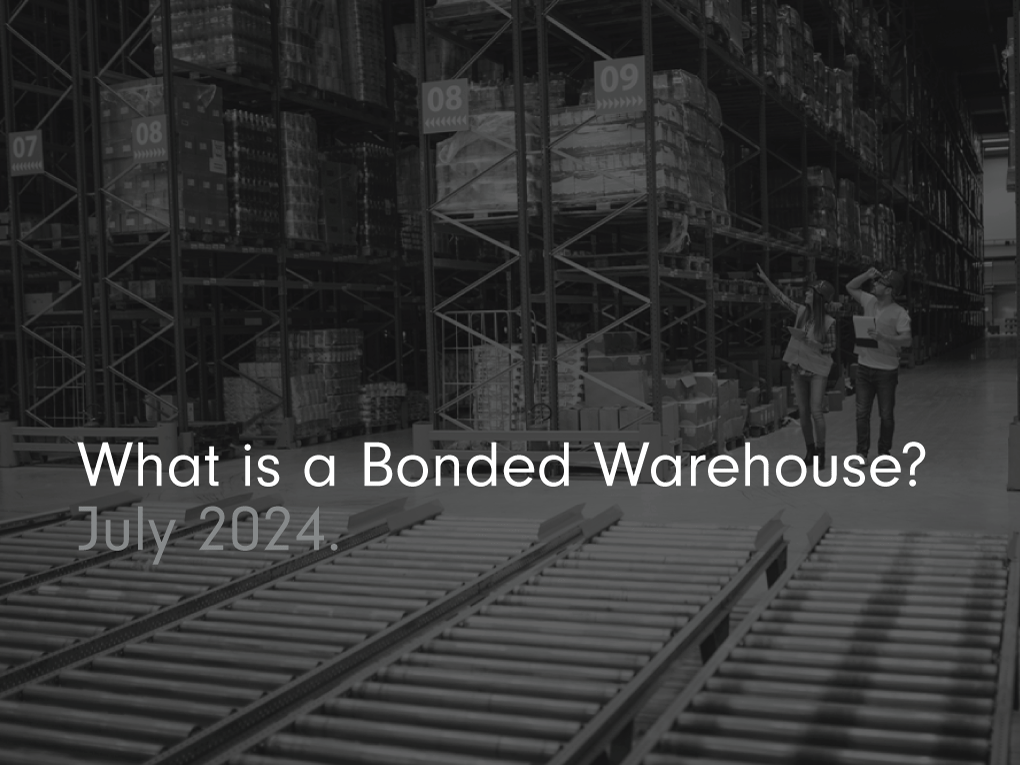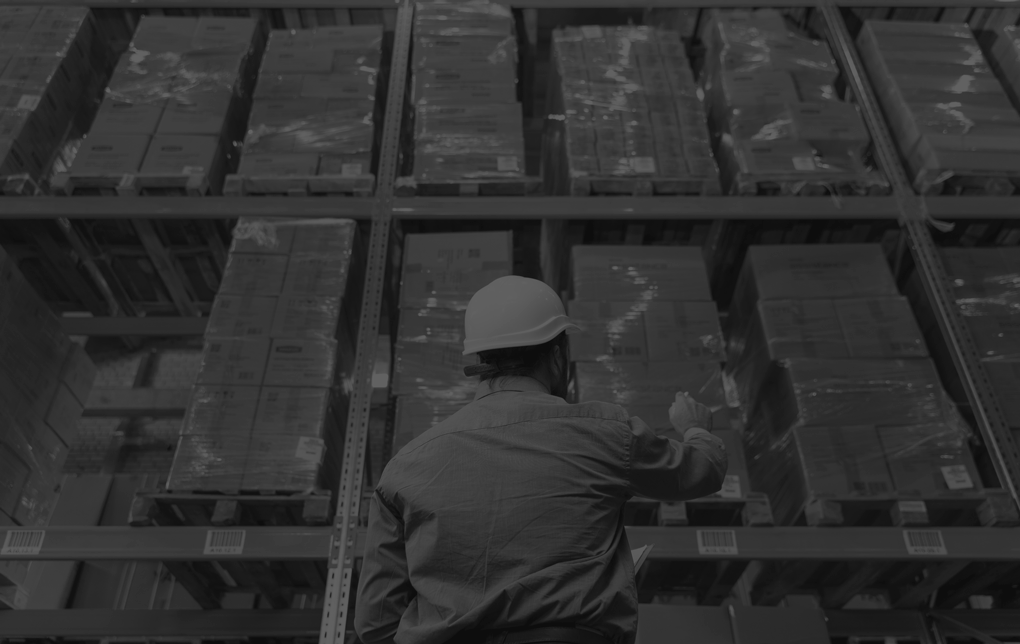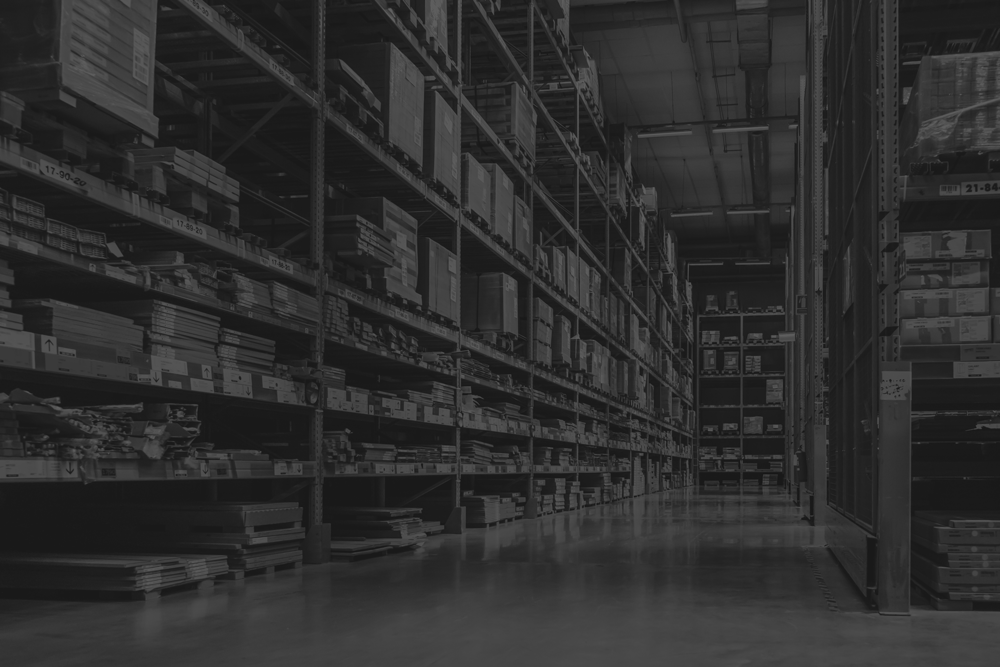What is a Bonded Warehouse in the UK?

If you’re in importing or exporting, you’ve probably heard of bonded warehouses. They’re secure storage spaces where you can keep imported goods and delay paying taxes or duties. But what exactly are they, how do they work, and why might your business need one? This guide explains bonded warehousing in the UK in simple terms, including what it is, how it helps, and why it’s important for industries like alcohol distribution.
How Do Bonded Warehouses Operate?
A bonded warehouse is a special storage place approved by HMRC where businesses can keep imported goods without paying taxes right away. The taxes and duties are only paid when the goods are sold in the UK, used locally, or sent to another country.
This is helpful for businesses that bring goods in and ship them out. It lets them delay paying taxes, so they can use their money for other things in their business.
Key Features of Bonded Warehousing.
- Customs Bonds: Businesses using bonded warehousing provide guarantees to HMRC, ensuring that duties and taxes will be paid once the goods leave the facility.
- Secure Storage: Bonded inventory is kept in a secure, HMRC-approved bonded warehouse, reducing the risk of loss or theft.
- Customs Clearance: Items stored may await customs clearance, making the facility ideal for goods with delayed processing times.
Advantages for Businesses.
Utilising a bonded warehouse facility allows greater flexibility in the global supply chain. Importers and exporters can safely store imported goods while deciding whether to pay duties or export the goods elsewhere. Additionally, bonded warehousing often improves cash flow by reducing the burden of upfront payment of taxes and import duty.
Where Are These Facilities Located?

Bonded warehouses are strategically positioned across the UK to facilitate smooth supply chain management. From ports and industrial areas to inland locations, they are typically found in areas well-suited for importing and exporting goods. HMRC-approved bonded warehouses may operate as private, standalone facilities or as part of larger logistics hubs.
This diversity in locations caters to a wide range of business needs, whether you’re seeking dry bonded warehouses for general merchandise or wet bonded warehouses for specific goods like alcohol. By choosing a customs bonded warehouse near your operation, you can significantly cut transportation costs and ensure quicker distribution to your customers.
Alcohol and the Role of Wet Bonded Warehouses .

For businesses in the alcohol industry, a wet bonded warehouse offers additional advantages. Alcohol bonded warehouses are specialised facilities designed to store products like wine, beer, and spirits under bond. These warehouses not only provide the same duty deferment benefits as dry bonded ones but are also equipped to handle sensitive products that require specific storage conditions.
Storing alcohol in a bonded warehouse ensures compliance with stringent UK customs warehousing regulations while enabling businesses to manage their bonded stock efficiently. For example, an importer of fine wines can store their goods in a wet bonded facility, paying excise duty only when the goods are removed for sale in the UK. Additionally, this setup can help businesses manage bonded inventory for exporting the goods globally, making the process more seamless and cost-effective.
A Key Tool for Importers and Exporters in the UK

A bonded warehouse in the UK is more than just storage—it plays a key role in customs compliance and supply chain management. Whether you’re storing goods before customs clearance or managing inventory for global distribution, bonded warehouses help businesses simplify operations, improve cash flow, and cut costs.
Looking to store imported goods securely or optimize your importing and exporting processes? A HMRC-approved bonded warehouse may be the answer. By utilizing these facilities, businesses can ensure they remain competitive in a complex global market.
Frequently Asked Questions.
Bonded warehouses offer several benefits to importers and exporters. They provide flexibility in managing inventory, allowing businesses to defer taxes and reduce costs. Bonded warehouses also comply with regulatory standards and ensure efficient supply chain operations.
These facilities are designed to meet the specific requirements of storing alcoholic beverages and ensure compliance with regulations related to alcohol storage and distribution.
By utilising a bonded warehouse, businesses can streamline their supply chain operations. It provides a secure and cost-effective solution for storing goods, reduces customs-related complexities, and ensures compliance with import-export regulations. This, in turn, improves overall efficiency and helps businesses meet customer demands more effectively.